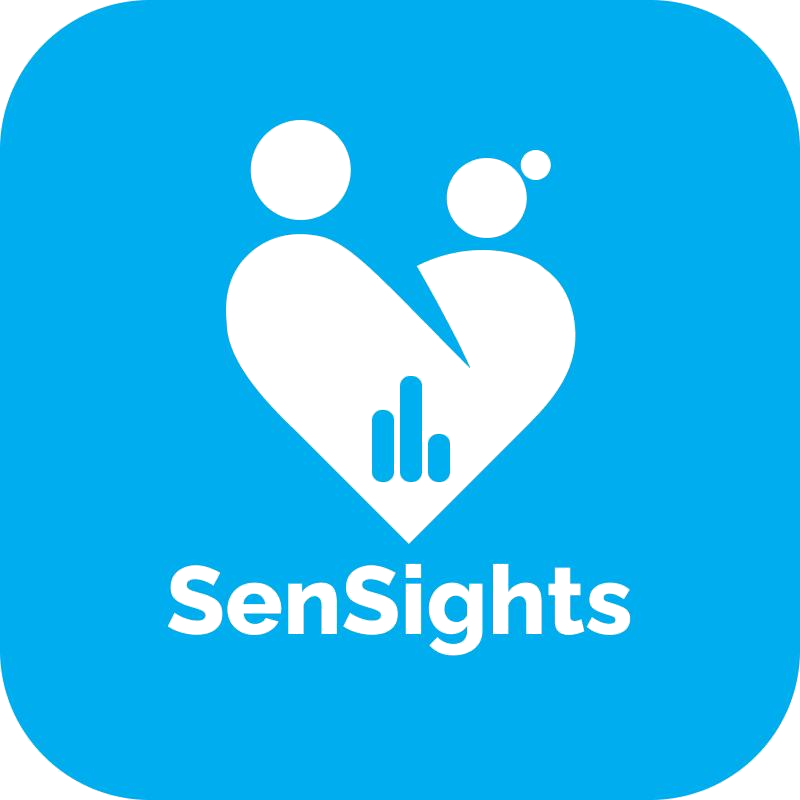Dementia can be challenging for caregivers. Knowing the early signs of dementia can be even more difficult. The importance of early diagnosis allows families to plan and could potentially help slow progression of the disease in some cases.
[sc name=”Blog Post CTA”]
Dementia and Alzheimer’s Disease Facts
Alzheimer’s disease is the sixth leading cause of death, according to the Centers for Disease Control and Prevention (CDC).
Alzheimer’s and dementia cause 30,000 more deaths than diabetes. In fact, 1 in 3 seniors will die from the disease, according to the Alzheimer’s Association.
That’s more than breast cancer and prostate cancer combined!
How can caregivers spot early signs of dementia? Early symptoms are hard to spot, since they are often subtle. Another problem is that dementia symptoms vary depending on the person experiencing them.
To help caregivers, we compiled a list of early signs people with dementia may be exhibiting. Let’s take a closer look.
1. Language Issues
Language issues are common early signs of dementia. This one is easy to overlook, since elderly people with or without dementia may exhibit some form of language problem.
However, forgetting simple words or using words not suitable for the situation is a clue caregivers should pick up on. Someone with dementia may also have a difficult time understanding other people when they talk as well.
Related: Aging Parents? 12 Senior Care Questions To Ask
2. Loss of Memory
This telltale sign of Alzheimer’s and dementia is one many caregivers will notice. If your loved one or patient is beginning to exhibit signs of memory loss, it’s best to take note of it.
This early sign of dementia can be hard to spot, however, since senior moments are common. The best way to tell if memory loss is a real issue is to jot down the frequency forgetfulness happens and assess it after a period of time.
3. Becoming Disoriented
People who are suffering from cognitive diseases will become confused and disoriented more often. This could be difficulty getting to and from somewhere familiar.
To spot this, caregivers should be attentive to the movements and schedules of loved ones or patients. For instance, if your loved one is frequently late to places, they may have been disoriented for a moment before finding their way.
Related: New Study Finds Music Memories Not Affected in Alzheimer’s Patients
4. Impaired Judgment
Judgment, like the ability to make decisions is another early sign of dementia. This may be as simple as not knowing if they want coffee or tea, when they usually have coffee daily.
More extreme signs could be an inability for your loved one to make a decision on what clothes to wear. These moments should be monitored, logged, and discussed with their doctor during their next visit.
Caregivers Can Seek Support
If your loved one or patient is showing early signs of dementia, it is time to get proactive. Make a journal of potential signs and begin looking at risk factors. For example, if your loved one is becoming disoriented, they are at higher risk for wandering.
Being proactive, caregivers can get support to help keep track, and even locate disoriented loved ones or patients. A GPS watch can help. You can set up geo-fencing, chat, schedule medication and reminders remotely, and even use video to check up on loved ones.
Click below to get a GPS watch that helps families “Stay Together” today.
[sc name=”Blog Post CTA”]



